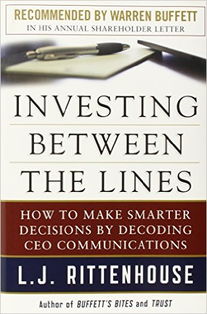How to Make Money by Investing in Shares
Investing in shares can be a lucrative way to grow your wealth over time. However, it’s important to approach it with a well-thought-out strategy and a clear understanding of the risks involved. In this article, we’ll explore various dimensions of investing in shares to help you make informed decisions.
Understanding the Basics

Before diving into the world of shares, it’s crucial to understand the basics. Shares represent ownership in a company, and when you buy shares, you become a shareholder. The value of your shares can increase or decrease based on the company’s performance and market conditions.
Here’s a quick overview of the key terms you should be familiar with:
| Term | Description |
|---|---|
| Stock | A single share of a company’s ownership. |
| Market Capitalization | The total value of a company’s shares outstanding, calculated by multiplying the number of shares by the current share price. |
| Dividend | The portion of a company’s profits distributed to shareholders. |
| Dividend Yield | The percentage return on an investment based on the dividend payment and the current share price. |
Researching Companies

One of the most important aspects of investing in shares is conducting thorough research on the companies you’re considering. This involves analyzing their financial statements, business models, and competitive positions in the market.
Here are some key factors to consider when researching a company:
- Financial Health: Look at the company’s revenue, profit margins, debt levels, and cash flow.
- Business Model: Understand how the company generates revenue and its competitive advantages.
- Management Team: Evaluate the experience and track record of the company’s leadership.
- Market Position: Analyze the company’s market share, growth prospects, and potential risks.
Choosing the Right Time to Invest

Timing is crucial in investing, as the right time to buy or sell shares can significantly impact your returns. Here are some factors to consider when deciding when to invest:
- Market Conditions: Monitor economic indicators, interest rates, and market trends to identify favorable conditions.
- Company Performance: Look for signs of strong earnings growth, positive news, or a favorable outlook from management.
- Valuation: Assess the company’s price-to-earnings (P/E) ratio, price-to-book (P/B) ratio, and other valuation metrics to determine if it’s undervalued or overvalued.
Building a Diversified Portfolio
Diversification is a key principle in investing, as it helps reduce risk by spreading your investments across different companies, industries, and asset classes. Here’s how to build a diversified portfolio:
- Company Diversification: Invest in companies from various industries to reduce the impact of industry-specific downturns.
- Geographic Diversification: Consider investing in companies from different countries to benefit from global economic growth.
- Asset Class Diversification: Include other asset classes, such as bonds or real estate, in your portfolio for additional diversification.
Monitoring and Rebalancing Your Portfolio
Once you’ve built your portfolio, it’s important to monitor its performance and rebalance as needed. This involves periodically reviewing your investments and adjusting your asset allocation to maintain your desired level of risk and return.
Here are some tips for monitoring and rebalancing your portfolio:
- Regular Reviews: Set a schedule for reviewing your portfolio, such as quarterly or annually.
- Performance Tracking: Keep track of your investments’ performance and compare them to relevant benchmarks.
- Rebalancing: Adjust your asset allocation as needed to maintain your desired level of risk and return.



